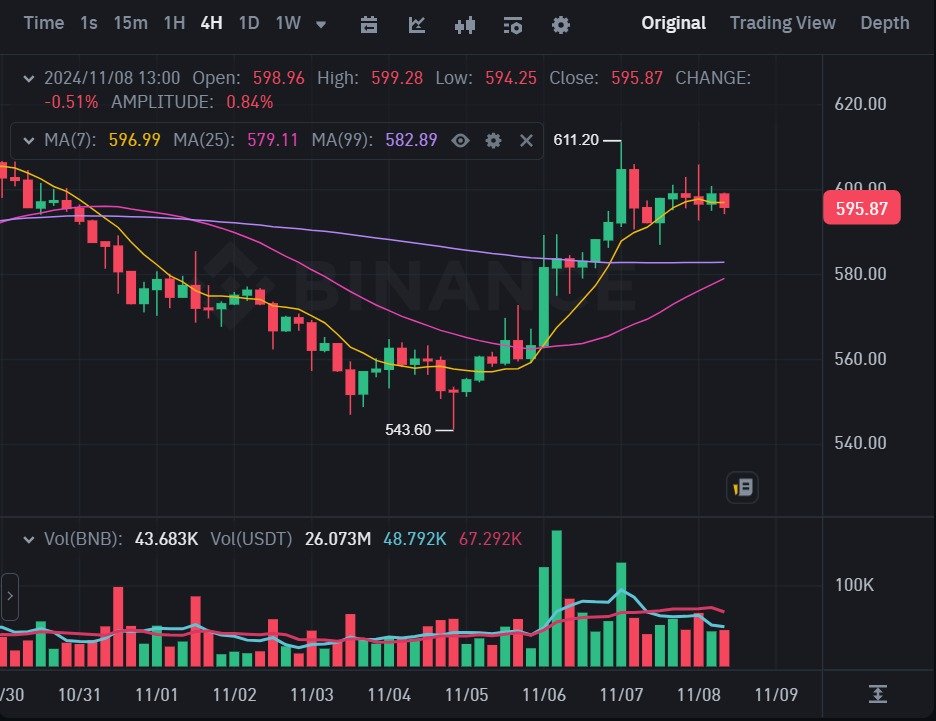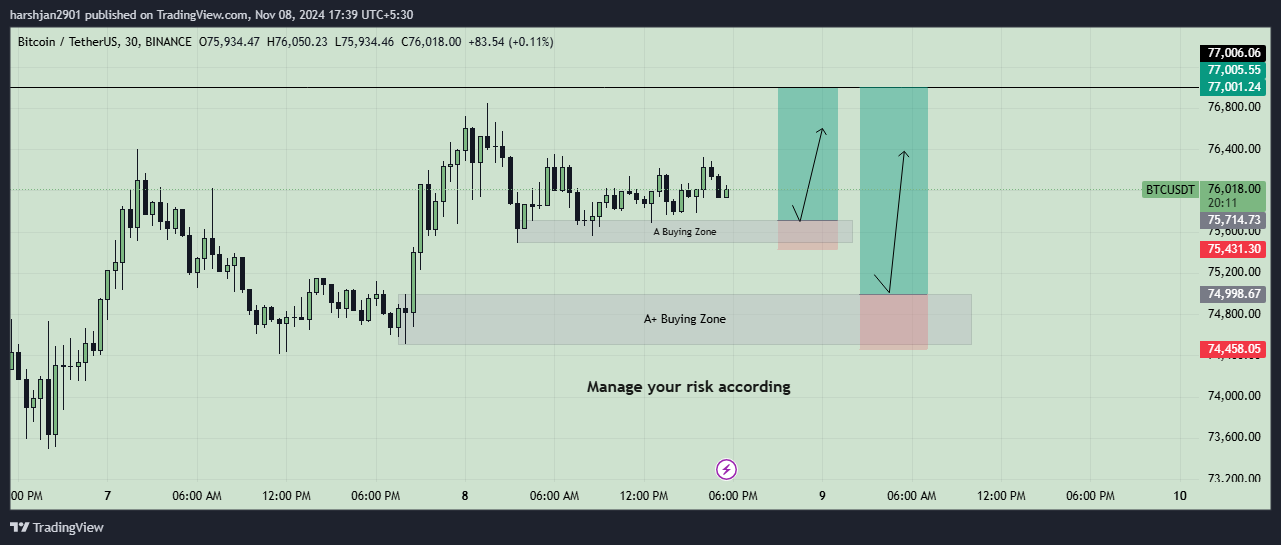The rise of cryptocurrency has led to numerous questions regarding its permissibility within Islamic finance principles. One such question is whether crypto airdrops are considered halal (permissible) or haram (forbidden) under Islamic law. Let’s break down what crypto airdrops are, their potential implications from an Islamic finance perspective, and whether they align with halal practices.
What Are Crypto Airdrops?
Crypto airdrops are a method by which blockchain projects distribute free tokens or coins to users. Typically, airdrops are used to promote a new project, reward loyal users, or incentivize certain actions like joining a community, completing tasks, or holding a specific cryptocurrency.
Users may receive airdropped tokens in their wallets without directly purchasing or mining them. The process often involves meeting specific conditions such as registering on a platform, following social media accounts, or sharing information about the project.
Understanding the Islamic Perspective on Airdrops
To assess whether crypto airdrops are halal, it’s essential to look at the core principles of Islamic finance:
- Prohibition of Gharar (Uncertainty): Gharar refers to excessive uncertainty or ambiguity in financial transactions. Airdrops may involve uncertainty in terms of the future value of the tokens being distributed. However, if the airdrop is clear, transparent, and without any major risk of exploitation or deception, it may be viewed as acceptable.
- Prohibition of Riba (Interest): Islamic finance prohibits the earning or paying of interest. Airdrops themselves do not involve interest, as they are typically given for free without any form of loan or return expectation. Therefore, from this standpoint, airdrops do not violate the principle of riba.
- Intention and Purpose: In Islam, the intention behind a financial transaction plays a crucial role. If the airdrop is being used to promote or fund a project that is not involved in unethical activities (such as gambling, alcohol, or other haram businesses), it may be considered permissible. However, if the airdrop is linked to a project that operates in haram areas, it would likely be considered haram as well.
- Avoiding Deceptive Practices: Crypto projects conducting airdrops must operate transparently and avoid any practices that deceive users or collect personal information for malicious purposes. If an airdrop is designed with transparency, fairness, and honesty, it may meet Islamic ethical standards.
Halal or Haram? The Verdict
In general, crypto airdrops can be considered halal under the following conditions:
- The project is ethical: The blockchain project behind the airdrop is not involved in prohibited activities (e.g., gambling, interest-based lending, or haram industries).
- Transparency and fairness: The airdrop process is clear, with no hidden risks or unethical conditions that could be considered deceptive.
- No expectation of interest: Airdrops are not tied to interest-bearing transactions, loans, or investments that would violate the prohibition of riba.
However, the permissibility of airdrops may vary depending on the specific project and context. If there is any uncertainty regarding a particular airdrop, it is always advisable to consult with a qualified Islamic scholar or financial advisor who can provide personalized guidance.
How to Participate in Halal Airdrops
- Research the Project: Ensure that the blockchain project you are participating in is ethical and does not engage in activities prohibited under Islamic law.
- Avoid Unclear or Risky Projects: Avoid airdrops that come with vague terms, hidden fees, or potentially exploitative practices.
- Check for Transparency: Legitimate airdrops will clearly outline how the tokens are distributed and any actions required to receive them, ensuring fairness and clarity.
Conclusion
Crypto airdrops themselves are not inherently haram, but their permissibility depends on the nature of the project and the ethical standards it adheres to. If the airdrop is conducted transparently, without any deceptive practices or involvement in haram industries, it may be considered halal.
Looking for guidance on halal crypto investments? At Lumina Lore, we offer a range of services and tools to help you navigate the world of cryptocurrency in a compliant and ethical manner. Contact us to learn more about safe and profitable investment strategies that align with your values.



